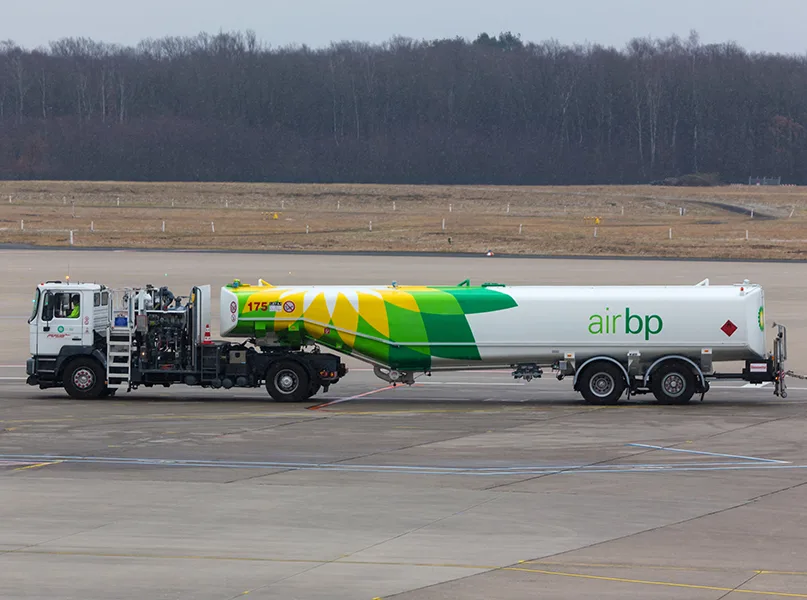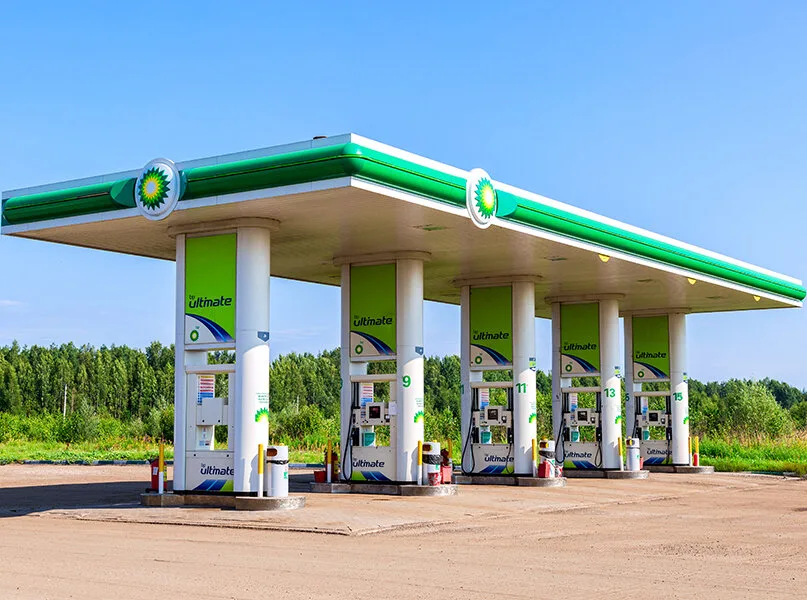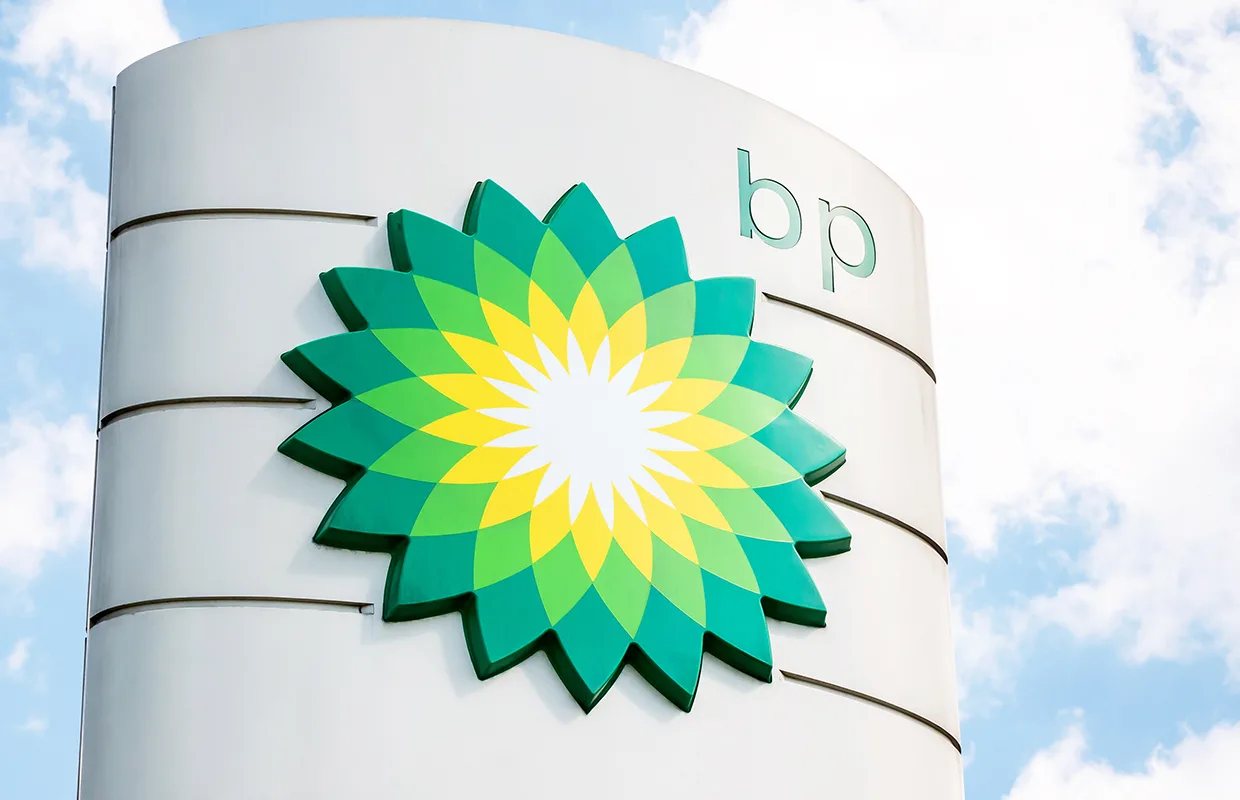As a global oil and gas giant, bp facilitates energy flow for many African nations, including Ghana. We consider the creative and innovative ways that bp Ghana ensures sustainability in the sector and empower entrepreneurs.
EMBRACING A NEW ERA FOR ENERGY
As one of the world’s largest multinational oil and gas companies, British Petroleum (bp) came from humble beginnings in 1908 with the discovery of oil in Persia, now known as Iran.
Its origins date back to the founding of the Anglo-Persian Oil Company, established as a subsidiary of Burmah Oil Company. In 1935, it was renamed the Anglo-Iranian Oil Company, and in 1954, it adopted the bp name.
Today, the company operates in all areas of the oil and gas industry, including exploration and extraction, refining, distribution and marketing, power generation, and trading and shipping (T&S).
Indeed, bp’s T&S arm plays a crucial role in the company’s operations, ensuring that energy sources are distributed around the globe, working to connect energy producers, suppliers, markets, and customers to enable the seamless flow of energy and contribute to future energy systems.
Whilst shipping is the oldest continuously operating arm of bp and has been supporting global marine activities since 1915, T&S brings energy solutions to the company’s customers and supports bp’s transition from an international oil company (IOC) to an integrated energy company (IEC).
Initially starting as a T&S business in Ghana, bp has seen significant growth over the past five years and is currently the only business in the country that holds an import license. Now, bp Ghana leases tankers and sells fuel locally to bulk suppliers, who serve as intermediaries to fuel stations.

CONVERTING COOKING OIL
The shift to renewable energy is rapidly gaining momentum across Africa, and bp Ghana is undertaking a forward-thinking approach to progress towards cleaner energy by seeking to transition to biofuel and utilising used cooking oil.
The company’s presence in Ghana aligns with its commitment to meeting energy needs and global sustainability efforts. In an innovative move, bp invests in projects exploring methods to transform cooking oil into a renewable energy source, reflecting its broader strategy of integrating lower carbon solutions.
By partnering with local enterprises, bp aims to develop a process that converts used cooking oil into biofuel. This strategy promotes a circular economy where waste is minimised and resources are reused.
Moreover, by collaborating with local businesses, these projects can create jobs within local communities, fostering economic growth and paving the way for a more sustainable future.
Biofuel presents a promising solution for Ghana’s energy challenges, especially since the country has not yet widely adopted electric vehicles (EVs). Despite the high demand for EVs, the lack of charging infrastructure and challenges in the supply chain for components make biofuel a more practical option.
However, by addressing existing barriers and harnessing local resources, bp Ghana can position itself as a leader in the biofuels sector.

EMPOWERING ENTREPRENEURS
In August this year, a collaboration between The Pitch Hub Ghana, a non-governmental organisation, and bp Ghana took place with the launch of the bp Innovation Factory in Accra, the country’s capital city.
The three-month programme provided in-person support and virtual sessions for small and medium-sized enterprise (SME) owners, who all graduated in a ceremony that featured an exhibition of the participants’ innovations.
50 entrepreneurs from 12 regions were interviewed, of which 26 individuals were selected for the programme’s strategic soft skills training and resource access, specifically designed to address the unique challenges faced in today’s competitive market.
The Pitch Hub Ghana equips young African entrepreneurs with the essential expertise needed to build and scale competitive businesses. The goal of the bp Innovation Factory is to contribute to identifying the underlying factors and gaps adversely affecting the growth and development of Ghanaian companies.
Since 2019, The Pitch Hub Ghana has supported over 1,000 African entrepreneurs in its mission to foster competitive, sustainable businesses throughout the continent, promoting economic growth and positively impacting various industries within the African landscape.
The innovative products showcased attracted interest from industry stakeholders, including those who assisted Rhoda Andoh, Founder of Move Hub Limited. The programme enabled her to expand her gas cylinder delivery service, allowing it to reach an estimated 80,000 homes across Ghana.
Key dignitaries and panellists at the event included Kevin Fiifi Dadzie, Regional Manager of bp Ghana; Prince Etornam Attipoe, CEO and Founder of the NewMax Group; and Joseph Boateng, Programme Partner – Access to Finance at the Mastercard Foundation.
Looking ahead, The Pitch Hub Ghana plans to continue supporting young African entrepreneurs as they establish partnerships with important industry players, including major retailers and the Ghana Venture Capital and Private Equity Association (GVCA). These collaborations will unlock new funding opportunities and expand market access.

ADVANCING ACROSS AFRICA
The future of bp in Africa is promising as the company adapts to the evolving energy landscape and prioritises sustainability.
In countries like Ghana, a key focus for bp is transitioning to integrate renewable energy into its portfolio.
Leading initiatives to explore biofuels derived from used cooking oil, bp Ghana will help reduce the country’s dependency on fossil fuels and engage in partnerships with local businesses.
Additionally, an exciting project emerging just off the West African coast – one of bp’s largest operations ever – is taking shape in the deep waters of the Atlantic Ocean.
A significant milestone, the Greater Tortue Ahmeyim (GTA) Phase 1 development is expected to produce approximately 2.3 million tonnes of liquefied natural gas (LNG) annually for over 20 years as a cleaner fuel alternative with lower carbon emissions.
With various projects underway, bp is unlocking opportunities and transforming the energy landscape in the region. Possessing a long and storied history in Africa, the company continues to expand its footprint and contribute to reaching the continent’s clean energy goals.
As the African economy continues to grow and thrive, the demand for energy is escalating, and bp’s future is not only bright, but also green.

































